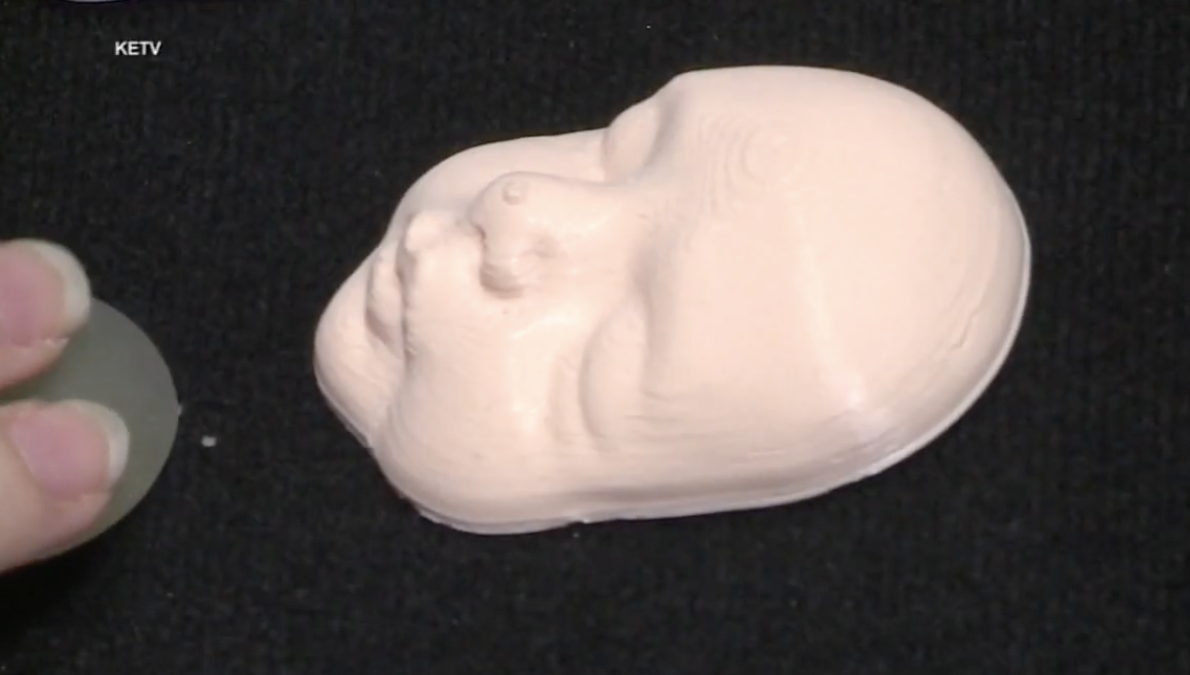
In Star Trek IV: The Voyage Home, the Starship Enterprise crew is tasked with traveling back in time to 1980s San Francisco. During their time in the 20th century, Dr. Leonard McCoy finds himself speaking with a patient who’s suffering from kidney disease and he gives her a couple of pills from the 23rd century. At the end of the chaotic scene we learn that the pills worked and she group a new kidney, much to the astonishment of her doctors.
It appears that a research hospital in California may have created something similar. A newly published study by scientists at City of Hope Hospital appear to have discovered a new way to treat cancer via a targeted chemotherapy pill that can kill solid tumors.
The findings of this study were published in the peer-reviewed academic journal Cell Chemical Biology.
Researchers from City of Hope have pinned down the mechanism behind an oral chemotherapy that is already being tested in humans, adding weight to the preclinical package of data underpinning the drug’s potential in a range of solid tumors.
In a study published Aug. 1 in Cell Chemical Biology, the researchers showed how City of Hope’s small molecule AOH1996 targets a cancerous version of the protein proliferating cell nuclear antigen, or PCNA. The therapy was also able to kill cancer cells from more than 70 different solid tumor cell lines, building on pre-investigational new drug-enabling studies on animal models that showed it could eliminate brain, breast, cervical, lung, skin and ovarian cancer cells.
The new study showed that AOH1996 kills cancer cells by disrupting the cell reproductive cycle, specifically inhibiting transcription-replication conflicts—a phenomenon that occurs when the cell machinery responsible for genome duplication and gene expression literally run into each other on the spot in the genome. This leads to DNA replication stress, genomic instability and, ultimately, can give rise to cancer.
By targeting mutated PCNA with AOH1996, the researchers kept cells with damaged DNA from dividing while leaving normal cells intact, as shown by studies of the drug’s effects on healthy stem cells.
“We discovered that PCNA is one of the potential causes of increased nucleic acid replication errors in cancer cells,” lead author Long Gu, Ph.D., a researcher at City of Hope, said in the press release. “Now that we know the problem area and can inhibit it, we will dig deeper to understand the process to develop more personalized, targeted cancer medicines.”
In their press release explaining how the new drug works, the lead author said, “PCNA is like a major airline terminal hub containing multiple plane gates. Data suggests PCNA is uniquely altered in cancer cells, and this fact allowed us to design a drug that targeted only the form of PCNA in cancer cells. Our cancer-killing pill is like a snowstorm that closes a key airline hub, shutting down all flights in and out only in planes carrying cancer cells.”
Results have been promising and the new drug is currently in a Phase 1 clinical trial in humans at City of Hope.
[Read More: Is This Bear Real?]










Mass produce pills X 8T+